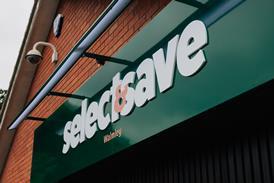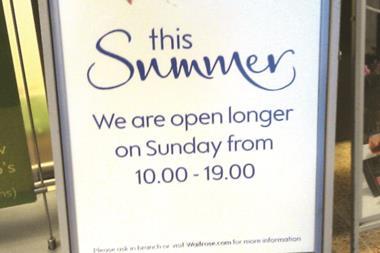In recent weeks, a number of Cabinet ministers have been telling the business community that what’s missing from the push to drive economic growth is a bit more elbow grease from British business. While the wording wasn’t quite that blunt, the message from the top is clear: everyone needs to get out there, creating value to pull this country out of recession.
As expected, the response from the business community is easy to summarise: if you get the conditions right and allow us to trade effectively, we will drive growth and, by the way, we’re already working pretty hard.
So what are the conditions we need to allow growth? There are three specifics that would get the ball rolling: fair business access to finance and consistent regulation.
If the government wants to see real investment, it can’t let big business employ bullying tactics over its smaller customers. Whether it’s the monopoly of the news supply chain or the underhanded tactics of energy suppliers, retailers are constantly undermined by an unfair business relationship.
At the moment, there’s probably no more important business relationship than the one a business has with its bank. The government’s efforts to get banks lending to small businesses have failed. Local shopkeepers don’t just have difficulties in getting finance, but also suffer from unilateral increases in borrowing costs and changes in terms including sky-high borrowing fees.
The third condition is about the consistency with which government regulates. The recent de-restriction of Sunday trading laws during this summer was an example of knee-jerk politics with no consideration of the full impact on all businesses. The rationale, we were told, was to ‘send a message that Britain is open for business during the Olympics’. What does that mean? Why is this measure the most effective way of delivering this message? Uncertainty is part of business life, but bad government shouldn’t have to be.





















